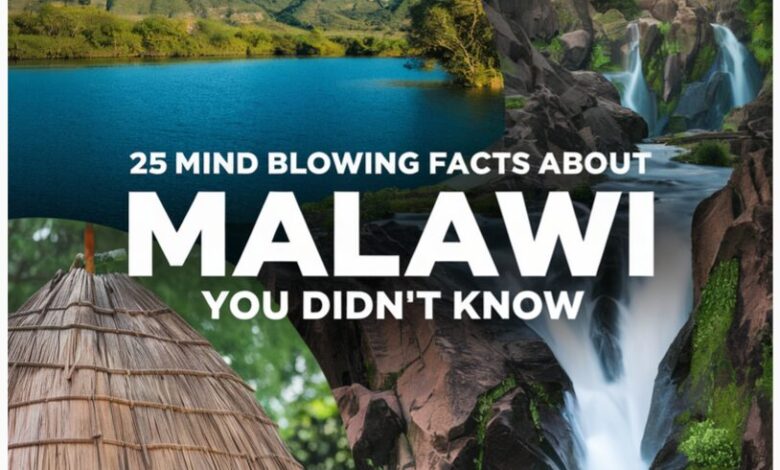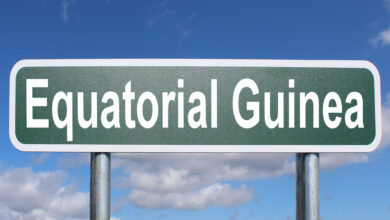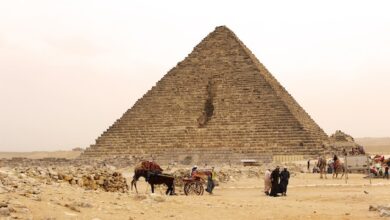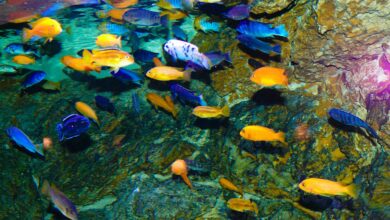25 Interesting Facts About Malawi

Malawi, a fascinating landlocked nation in southeastern Africa, offers a blend of rich history, diverse culture, and natural beauty. Here, we explore 25 intriguing facts about this unique country, providing a deeper understanding of its charm and significance.
25 Interesting Facts About Malawi
1. Landlocked Nation
Malawi is surrounded by land, bordered by Mozambique, Zambia, and Tanzania. Despite being landlocked, the country boasts extensive water resources, with Lake Malawi covering a significant portion of its territory. This geographic positioning influences its trade and transportation dynamics.
2. Ancient Artifacts
Archaeological discoveries reveal that human activity in Malawi dates back over 50,000 years. Tools, pottery, and other artifacts from this era provide valuable insights into the lives of early human communities.
3. Bantu Settlements
The Bantu-speaking tribes migrated to Malawi between the 1st and 4th centuries BC, bringing with them advanced agricultural practices and ironworking skills. These settlers laid the foundation for Malawi’s cultural and societal structures.
4. Portuguese Influence
In the 17th century, Portuguese explorers ventured into Malawi, primarily driven by the lucrative slave trade. Their arrival marked the beginning of a dark era of exploitation, which peaked between 1790 and 1860.
5. David Livingstone’s Exploration
Scottish missionary David Livingstone‘s expeditions in the mid-19th century brought global attention to Malawi. His advocacy against the slave trade and mapping of the region paved the way for European missionary and colonial activity.
6. Blantyre’s Naming
Blantyre, Malawi’s second-largest city, is named after David Livingstone’s Scottish birthplace. Established in 1876, the city played a crucial role in the spread of Christianity and education.
7. British Protectorate
In 1891, Malawi became part of the British Nyasaland and District Protectorate. British colonization significantly influenced Malawi’s political and economic systems, shaping its trajectory toward independence.
8. Independence Achieved
Malawi gained independence in 1964, transitioning from Nyasaland to its current name. This marked the beginning of self-governance under the leadership of Hastings Banda, the country’s first president.
9. One-Party Rule
For three decades post-independence, Malawi operated under a one-party regime led by Hastings Banda. Since the 1990s, the country has embraced democratic reforms, resulting in significant political and social progress.
10. Lake Malawi’s Size
Lake Malawi, also known as Lake Nyasa, is a defining feature of the country. Spanning over 29,600 square kilometers, it’s a vital resource for fishing, transportation, and tourism.
11. Global Ranking of Lake Malawi
Ranked as the fourth-largest freshwater lake by volume and the ninth-largest by area, Lake Malawi is a geographical marvel. It is also the third-largest and second-deepest lake in Africa, offering breathtaking landscapes and opportunities for scientific exploration.
12. Biodiverse Lake
Lake Malawi is home to hundreds of fish species, many of which are endemic. Its ecological importance has been compared to the Galapagos Islands, making it a hotspot for evolutionary studies and conservation efforts.
13. Symbolic Flag
Malawi’s flag features three horizontal stripes: black for the African people, red for the bloodshed during independence struggles, and green for the country’s lush vegetation. A rising sun symbolizes hope and a bright future.
14. “Calendar Lake”
Lake Malawi’s nickname, “the calendar lake,” arises from its approximate dimensions: 365 miles in length and 52 miles in width. This unique trait adds to its mystique.
15. Meaning of ‘Malawi’
The name Malawi means “flaming waters,” inspired by the dazzling reflection of the setting sun on Lake Malawi. This poetic description captures the lake’s serene beauty.
16. Madonna’s Adoptions
Global pop icon Madonna has adopted four children from Malawi, highlighting the country’s challenges with orphan care. Her efforts have drawn both praise and controversy, sparking discussions on international adoptions and celebrity philanthropy.
17. Presidential Jet Sold
In 2013, President Joyce Banda sold Malawi’s luxury presidential jet for $15 million. The funds were redirected to bolster the economy, demonstrating her commitment to fiscal responsibility.
18. Austerity Measures
President Banda also cut her salary and reduced governmental expenditures. These bold austerity measures were part of broader efforts to stabilize the economy and improve public trust in leadership.
19. Economic Challenges
Malawi is among the world’s poorest countries, with low GDP per capita. Despite this, the nation shows resilience and innovation, leveraging agriculture and international partnerships to foster growth.
20. Majete Wildlife Reserve
Majete Wildlife Reserve is a conservation success story. Once depleted of wildlife, it has been rejuvenated with species like lions and cheetahs, earning its status as Malawi’s first Big Five reserve.
21. Warm Heart of Africa
Known as the “Warm Heart of Africa,” Malawi’s friendly and welcoming people embody this title. Visitors often remark on the country’s hospitality and vibrant culture.
22. Chichewa Language
Chichewa, alongside English, is an official language of Malawi. Its widespread use reflects the country’s cultural identity and unifying linguistic heritage.
23. Agricultural Economy
Agriculture is the backbone of Malawi’s economy, contributing around one-third of its GDP. Key crops include tobacco, tea, and maize, which sustain livelihoods and drive exports.
24. Mount Mulanje
Mount Mulanje, rising to 3,002 meters, is Malawi’s highest peak. This majestic mountain attracts hikers and adventurers with its challenging trails and breathtaking views.
25. Diverse Wildlife
Malawi boasts diverse wildlife, including elephants, hippos, and rare bird species. Its national parks and reserves are critical for conservation and eco-tourism, drawing nature enthusiasts from around the world.
Conclusion
Malawi’s rich history, breathtaking landscapes, and resilient spirit make it a truly remarkable country. From the vibrant culture of its people to the natural beauty of Lake Malawi and Mount Mulanje, there’s much to admire and celebrate in the Warm Heart of Africa.





